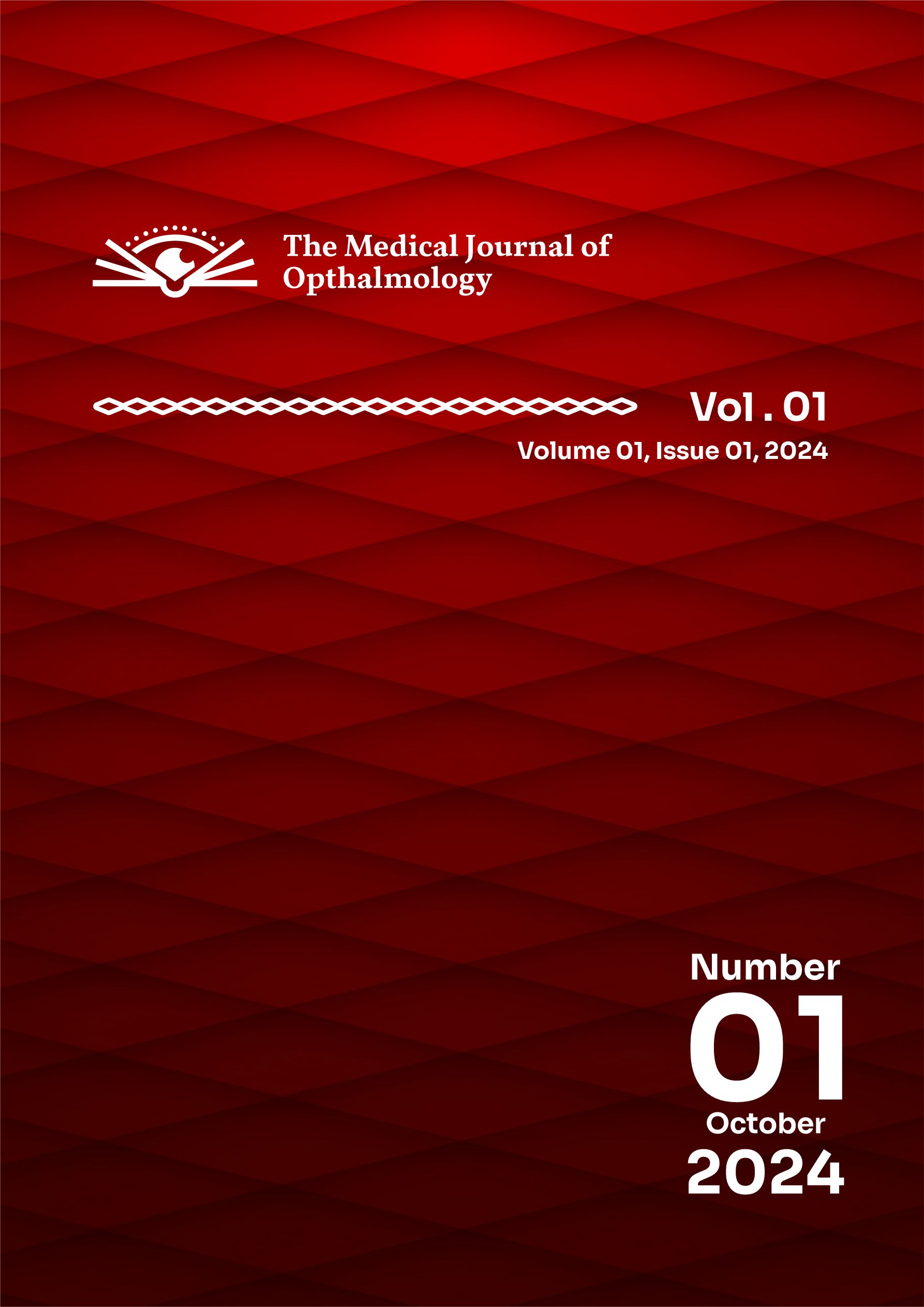Efficacy and Safety of Faricimab Compared to Other Anti-VEGF Therapies in Age-Related Macular Degeneration and Diabetic Macular Edema: A Systematic Review
Main Article Content
Abstract
Background: Neovascular age-related macular degeneration (AMD) and diabetic macular edema (DME) are significant causes of visual impairment and blindness. Faricimab, introduced in 2022, offers a novel treatment by targeting both VEGF and Angiopoietin-2 (Ang-2), addressing multiple aspects of DME and AMD pathophysiology. Methods: Following PRISMA 2020 guidelines, we conducted a systematic search of databases including PubMed, ScienceDirect, and the Cochrane Library for RCTs published between 2014 and 2024. Results: Five RCTs, involving over 2,000 patients, were included. Faricimab showed non-inferior efficacy in improving best-corrected visual acuity (BCVA) compared to aflibercept and ranibizumab, with added benefits of extended dosing intervals and enhanced anatomical outcomes, such as central subfield thickness (CST) reduction. Conclusion: Faricimab represents an effective and safe alternative to traditional anti-VEGF therapies for neovascular AMD and DME, offering the potential for reduced treatment burden due to its longer dosing intervals. Further studies should explore long-term outcomes and the potential for broader clinical application.

